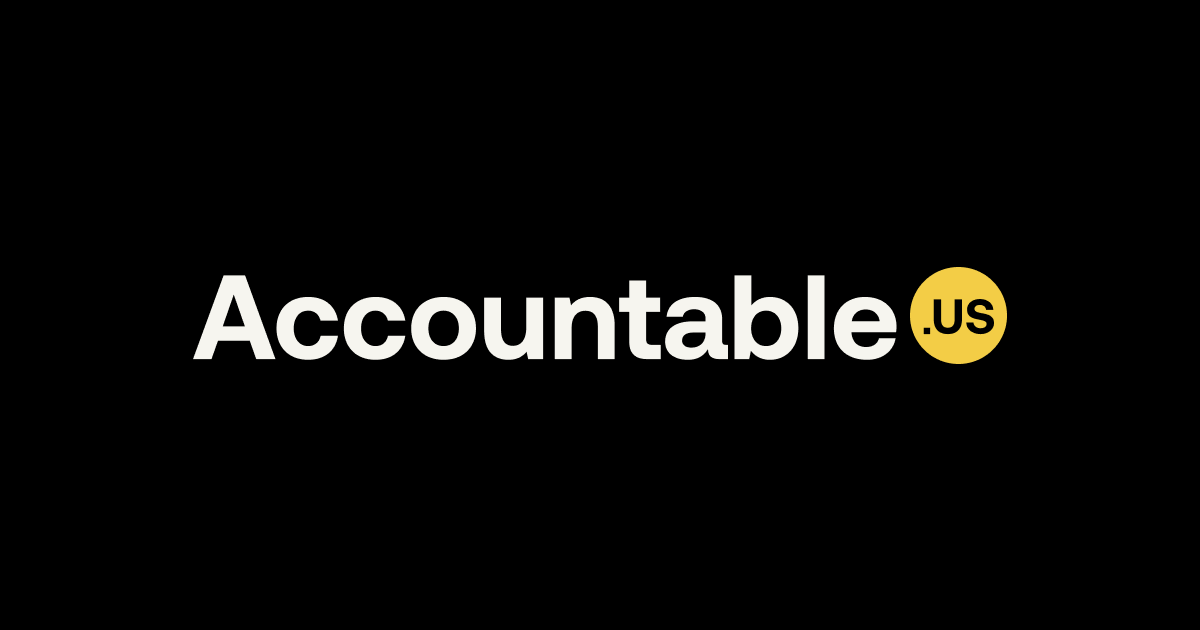Press Releases
Watchdog: Yet Another Predatory Lender Behind Anti-CFPB SCOTUS Lawsuit Tied to Illicit Behavior Allegations

WASHINGTON, D.C. – New reporting revealed yesterday that Banco Azteca is the Mexican bank behind alleged illegal bribes paid to Congressman Henry Cuellar for his help in blocking “regulations detrimental to the payday lending industry,” among other issues. Bloomberg reported that Banco Azteca is owned by Ricardo Salinas Pliego, a wealthy Mexican businessman whose publicly traded Grupo Elektra SAB also owns the U.S. payday lender Advance America. Advance America, which is now a subsidiary of Purpose Financial, in turn, is a leading board member of Community Financial Services Association of America (CFSA), the predatory lender trade group behind the lawsuit before the U.S. Supreme Court threatening the Consumer Financial Protection Bureau’s independent funding structure. Jessica Rustin, the CEO of Purpose Financial, is also the President of the board of CFSA.
As government watchdog Accountable.US has documented, CFSA’s board member companies have been plagued with histories of criminal behavior or involvement in corruption and ethics scandals, including racketeering convictions, Ponzi scheme payouts, and payments to disgraced politicians.
Follow the money to see that the Mexican bank behind this apparent Congressional bribe scheme against payday lending regulations is owned by the same company that runs payday giant Advance America. Advance America is associated with a seedy club of convicted racketeers, accused tax cheats, embezzlers and scam artists suing to weaken the Consumer Financial Protection Bureau. There’s no mystery why loan sharks notorious for charging as much as 1,460 percent interest rates and prone to legal trouble want to defund an agency so effective at protecting families from bad industry behavior that raises costs. The Supreme Court should take a hard look at who exactly is trying to abolish the CFPB, including companies who would even allegedly bribe to get their way.”
Accountable.US President, Caroline Ciccone
Accountable.US’ ‘Defend American Consumers’ project has detailed how CFSA board member companies, and their affiliated subsidiaries and parent companies, have paid over $204 million in fines and restitution to federal and state regulators, while paying at least $3.4 million in settlements from class action lawsuits against them.
Accountable.US found CFSA has donated $23,500 to Congressman Henry Cuellar and Purpose Financial has given another $11,000 through their corporate PACs. The Purpose Financial Inc. PAC has contributed a total of $92,750 to current Republican members of the House Financial Services Committee and $64,500 to Republican members of the Senate Banking Committee who signed a July 2023 amicus brief supporting the CFSA’s suit against the CFPB throughout their careers. Purpose Financial has spent an additional $320,000 lobbying on issues related to “Dodd-Frank Act implementation” and “rate cap legislation” since 2022.
WHAT’S AT STAKE: The payday loan industry’s lawsuit against the CFPB has nothing to do with upholding the constitution and everything to do with obstructing the agency that holds the financial industry accountable when it harms consumers. If the Supreme Court sides with predatory lenders, that will likely mean the agency’s future funding will be beholden to the political whims of Congress. There is little doubt a U.S. House of Representatives made up of lawmakers openly hostile to the CFPB — like the current MAGA Majority — would zero-fund the agency the first chance they get on behalf of their financial industry donors. For instance, former MAGA Congressman turned Trump CFPB Director Mick Mulvaney literally requested $0 for the agency during his tenure.
In one fell swoop, an anti-CFPB-led Congress could cut the purse strings and erase over a decade of consumer protections and rules that have made our markets fairer and more stable. It would be catastrophic for consumers, honest businesses that simply want to compete fairly, and the stability of financial markets. It is clear the CFPB’s independent funding structure has allowed it to be so effective in delivering results for consumers precisely because it can avoid outside political influence. The CFPB’s critics know this, too, which is why they have gone all-in on a highly-coordinated legal and political strategy pinpointing the Bureau’s funding structure.
###
